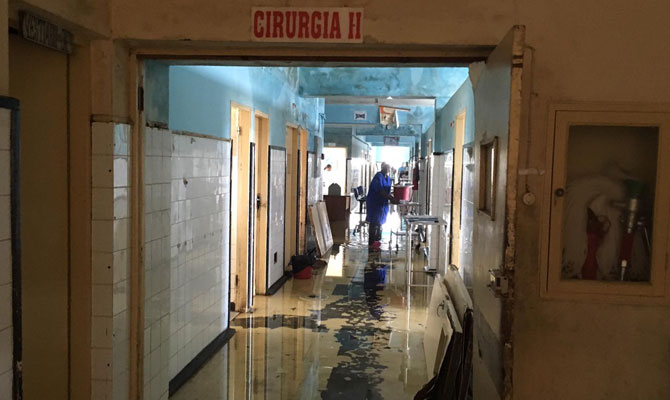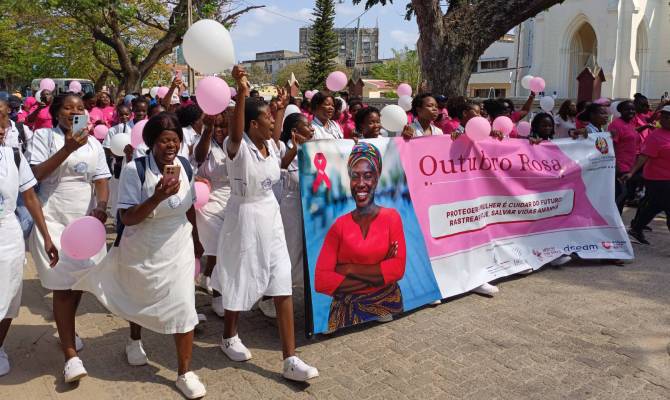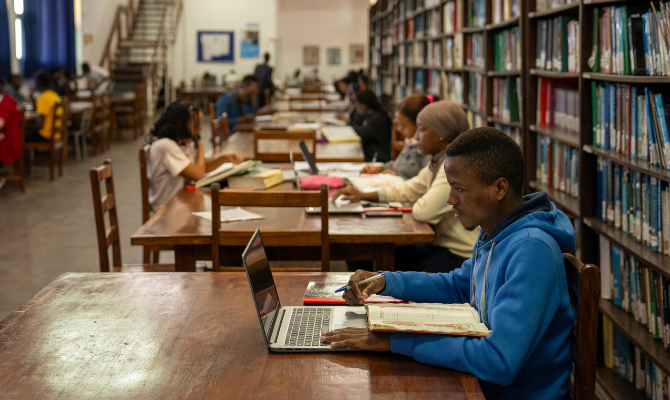In the Beira area, Mozambique, almost 800,000 were people affected by Cyclone Idai, which struck the city last March 14. People are seeking shelter and need water, food, and healthcare, and the first signs of diarrhea epidemics are being seen. According to United Nations estimates, there are 74,600 pregnant women who will give birth in the next few months even though the central hospital and network of health facilities are completely unusable.
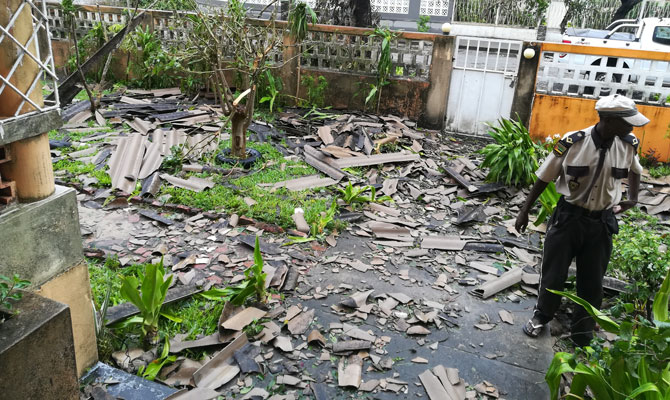
Giovanni Putoto, Doctors with Africa CUAMM’s programming manager reports from Beira and confirms that it is a situation of serious emergency: “I have been in Beira, Mozambique, for a day, where Cyclone Idai hit. Right now, there are over 40 centers for displaced people in Beira for over 40,000 people. There are another 33 centers in the nearby districts of Dondo and Nhamatanda. These are displaced people who have nothing left. Many of these people are still scattered inland, and we need transportation like helicopters to reach them. Food and water are the most serious, urgent needs. Tensions are running high and warehouses and shops have been looted. The impact of the cyclone on buildings has been devastating. A great many buildings, houses, offices, clinics, schools, churches, warehouses, and apartment buildings have had their roofs torn off. There is an unbelievable race to find minimal shelter. People are helping each other, relying on bonds of kinship and friendship. The health system has been severely compromised. The Beira central hospital, with 800 beds, is serving as a health center, and all surgery and orthopedics work has been stopped. Only Cesarean sections can be performed in an emergency room made into an operating room. We have to move fast! CUAMM is taking action on two fronts. We are providing humanitarian aid, bringing food, water, protection, and shelter to the displaced. We have also started to help provide health services, keeping our doctors in the berçario, the hospital’s neonatal unit, where newborns were urgently transferred from the pediatrics department which has been laid bare to the rain. We are also working on finding HIV patients who must urgently continue their treatment. We’re in a race against time.”
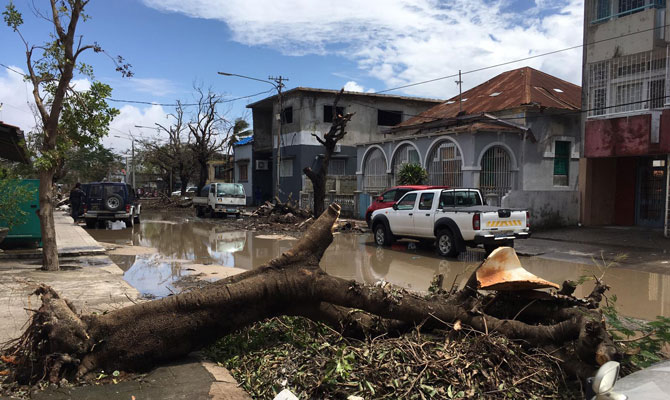
To date, 447 deaths have been confirmed in Mozambique alone, but the number is expected to grow past a thousand. There is still a high risk of epidemics, such as cholera, endemic in the area of Beira, which could easily spread in the flooded territories.

